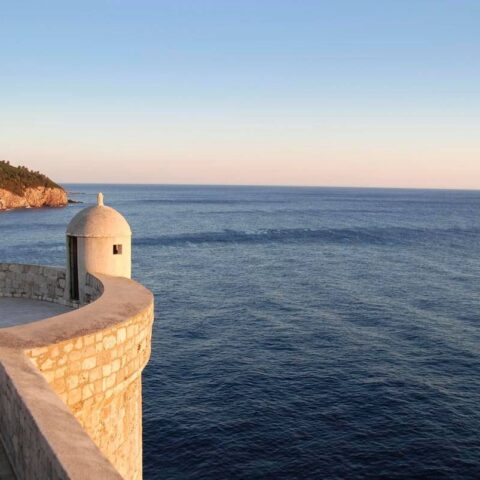(Adnkronos) – Xi Jinping is in Kazan, Russia, with Vladimir Putin. Alexander Lukashenko is also there. Andrzej Duda is in Seoul, South Korea, with Yoon Suk Yeol. Kim Jong Un’s troops are in Russia. And at the center of the talks, from one capital to another, remains the conflict in Ukraine. Here, Putin is convinced, it is “illusory” to imagine a Russian defeat. “No to escalation” and “no fuel to the fire,” said the Chinese leader, who this year celebrated 75 years of diplomatic relations with North Korea. “Trash” but also a risk of “escalation,” says Lukashenko. While Seoul does not intend to “stand by passively” as Pyongyang sends troops to the Ukrainian front alongside Russian forces.
North Korea’s decision to send thousands of troops to Russia will be a test, like never before, for relations between Pyongyang and Beijing, which has never explicitly condemned Russia’s invasion of Ukraine, has intensified trade and diplomatic relations with Russia, and has sought to present itself as a peacemaker, always in opposition to the United States.
The Dragon may not know how to control North Korea’s commitment to supporting the Kremlin, says Victor D. Cha, a professor at Georgetown University and a Korea expert at the Center for Strategic and International Studies in Washington, quoted by the New York Times. “In this, China is stuck between paralysis and incompetence,” he observes. “They indirectly support Russia’s war efforts, but they cannot be happy about North Korea’s role.” And “there is nothing good in all of this for them.” Also because some are already wondering if Beijing was unaware of Pyongyang’s plans. And the thought goes back to February 2022, to the meeting between Xi and Putin shortly before the start of what the Kremlin announced as a “special military operation” in Ukraine.
More than two years later, there is the prospect of forces from an ally of the Asian giant fighting against forces supported by the West. And analysts say, as the New York Times writes, there may be another fear in Beijing. It concerns military technology exchanges between Russia and North Korea – further linked by the mutual defense agreement last June, ratified unanimously today by the State Duma – in exchange for the deployment of troops. A development that could strengthen North Korea, with a push toward more aggressive actions against South Korea and Japan (protagonists of the historic agreement last year at Camp David), and at the same time reduce the Dragon’s ability to influence the Hermit Country, despite its dependence on aid and trade.
Outside of any analysis and intelligence information, Belarusian leader Lukashenko – a supporter of Putin and his “special military operation” – initially called the reports of North Korean troops deployed in support of the Russian military campaign in Ukraine “trash,” which the Kremlin had already dismissed as fake news in recent days. He did so after the US and NATO confirmed they had evidence of what Seoul had denounced, namely that 3,000 North Korean troops are already in Russia. Speaking to the BBC yesterday, the Belarusian leader said that “it would be a step towards escalating the conflict if the Armed Forces, of any country, even Belarus, were on the line of contact”.
Meanwhile, for the first time, Seoul is considering sending weapons to Kyiv. It has called for the “immediate withdrawal of North Korean troops.” They are considered, as South Korean Defense Minister Kim Yong-hyun said, “simple mercenaries, cannon fodder.”
And South Korean President Yoon, who this morning received Duda (South Korea and Poland are determined to advance defense industry cooperation), stressed that the two countries “agree that North Korea’s deployment of troops to Russia constitutes a provocation that threatens global security.” In Parliament, Seoul’s chief diplomat, Cho Tae-yul, confirmed: “We are considering all options”.




